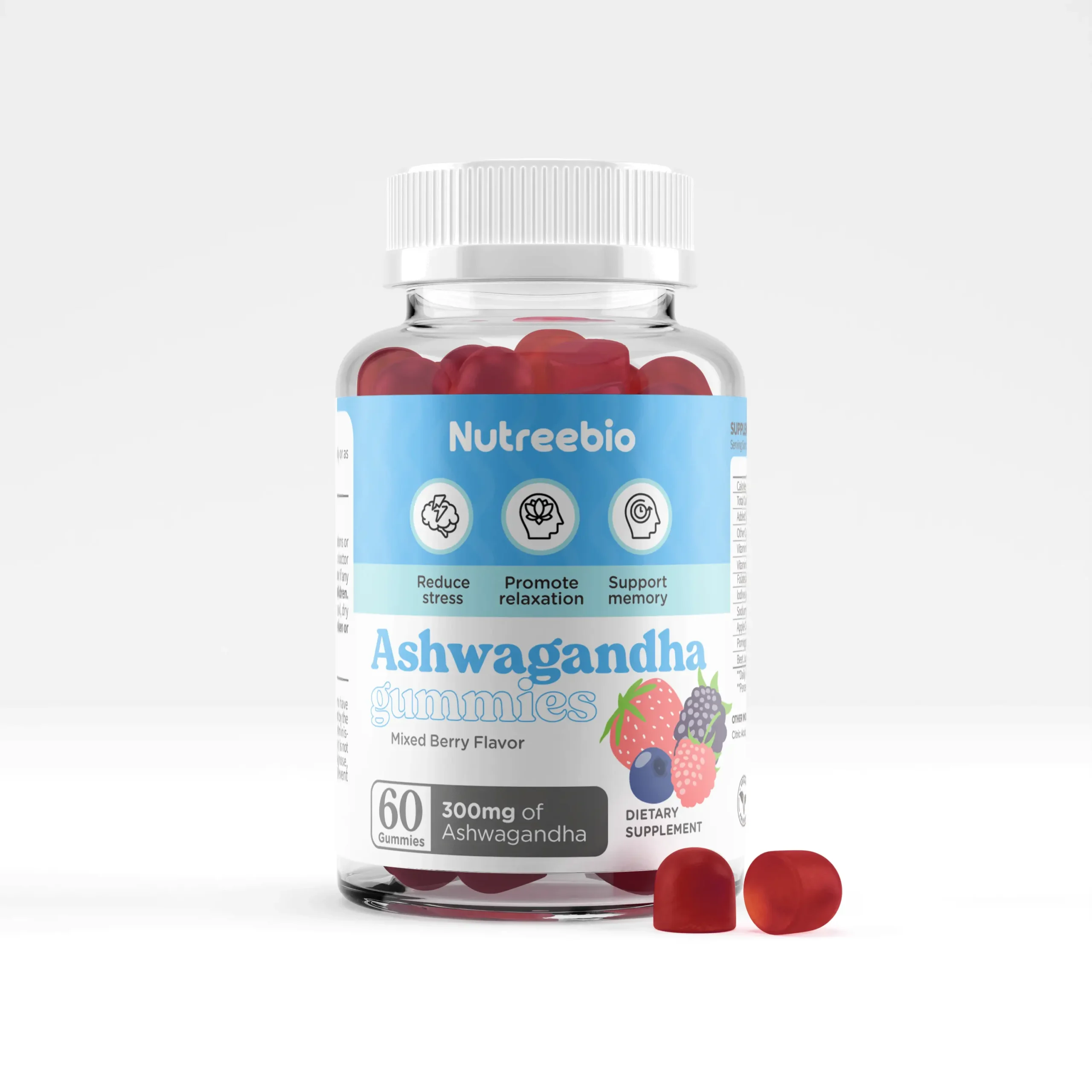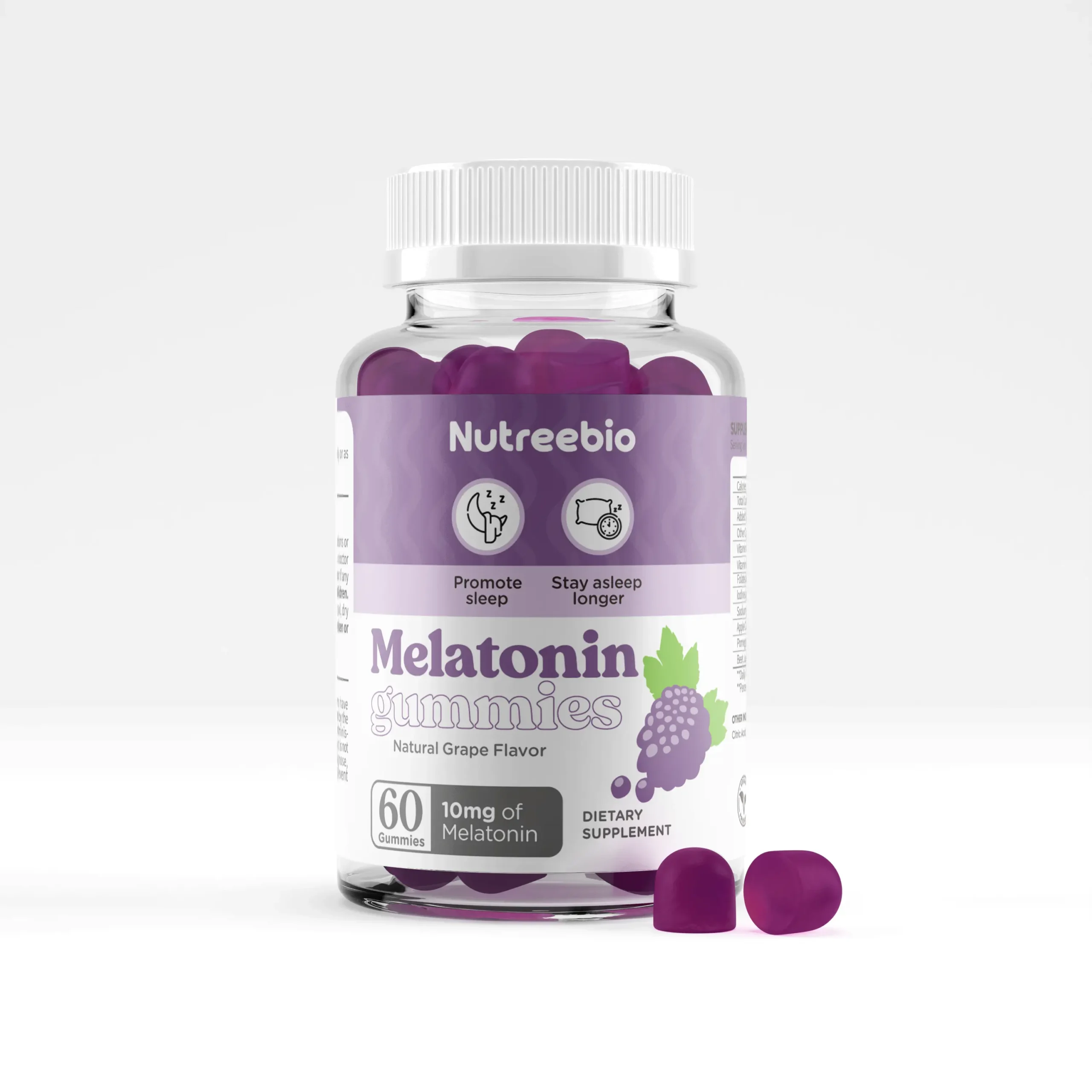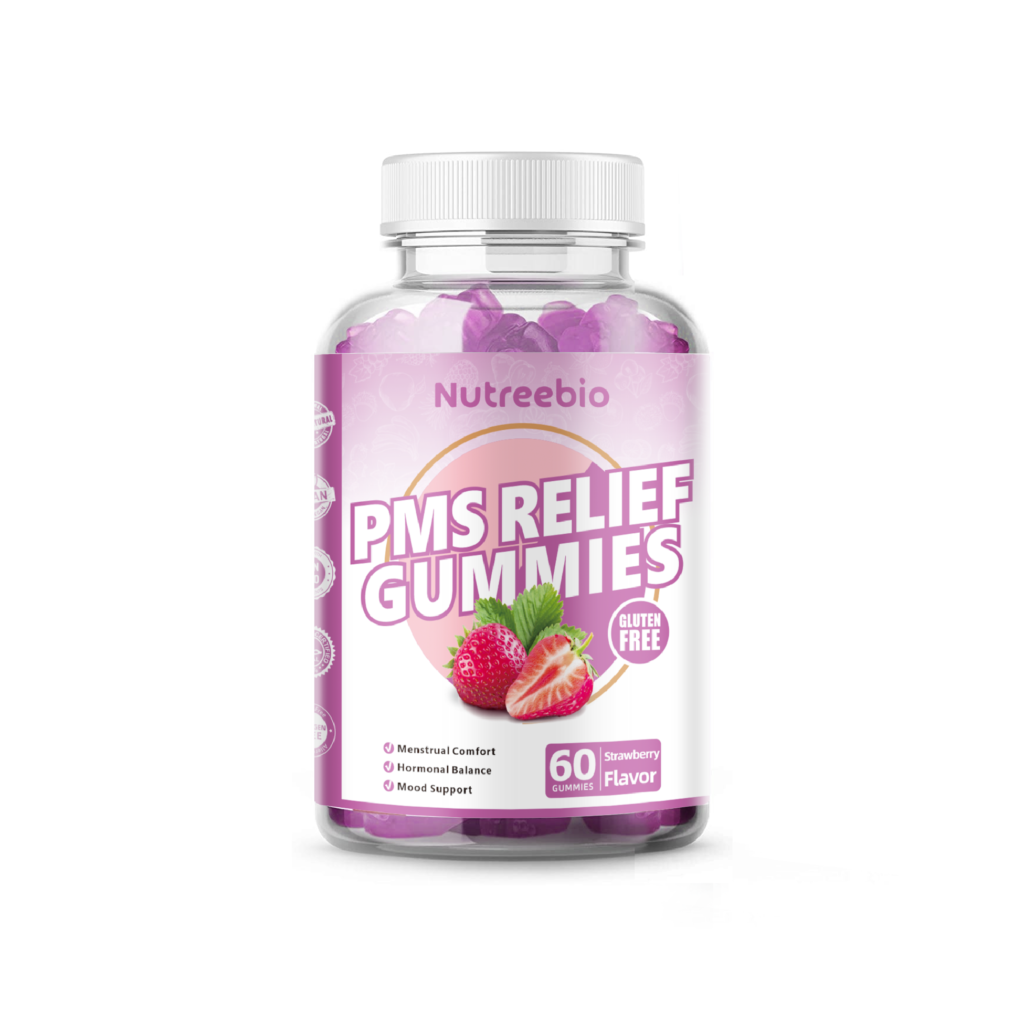The pandemic has significantly shifted consumer health perceptions worldwide. An increasing number of consumers are adopting proactive health approaches, such as improved sleep, exercise, stress reduction, and dietary changes. Additionally, there's a growing interest in dietary supplements that support overall health.
According to NBJ data, in 2023, the global sales of dietary supplements are expected to reach $61.1 billion, with the U.S. market anticipated to account for $20.95 billion, over a third of the global market. The Chinese market is projected to follow closely with sales estimated at $8.73 billion, slightly ahead of the Western European market.
In the already unfolding year of 2024, which health domains will consumers focus on? In line with these health demands, what trends are expected to dominate the dietary supplement market? Glanbian recently forecasted the top 5 dietary supplement trends for 2024.
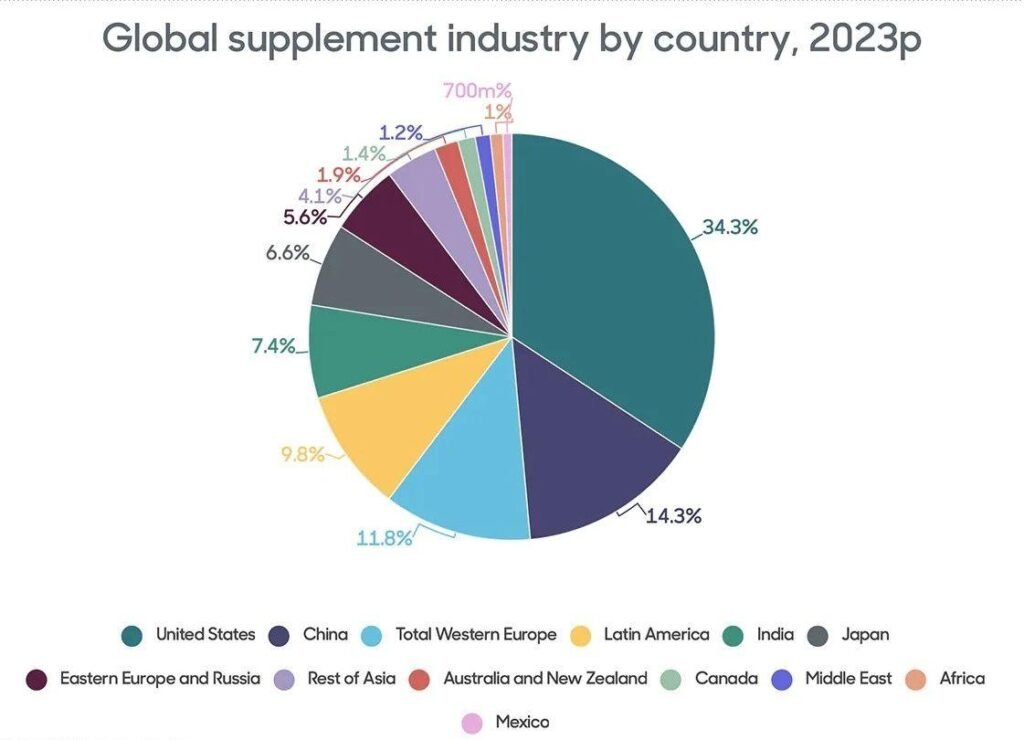
1. Supplement Trends 2024——Botanicals
Traditional natural remedies, such as botanical therapies, are increasingly seen as safer choices with fewer side effects. Innova Market Insights data indicates that globally, 64% of consumers believe products with natural ingredients are healthier, and 55% find botanical supplements effective. Furthermore, 'Magical Botanical' was selected by DSM-Firmenich as the flavor of the year for 2022, inspired by the Pantone Color of the Year 2022 (Very Peri) and the magical power of botanical medicines.
Botanicals are known for their health benefits, with most used in dietary supplements. However, a few have been approved by the FDA for prescription use. The first FDA-approved botanical drug was Veregen®, an active ingredient extracted from green tea (Camellia sinensis Kuntze), used for treating genital diseases.
Common botanicals include: South African Kanna, Rhodiola, Ginseng, Lion's Mane Mushroom, Cordyceps, Reishi Mushroom, Ginger, Cinnamon, Turmeric, Rosemary, Hawthorn, Echinacea, Ginkgo Biloba, Rhodiola, Elderberry, Milk Thistle, Bilberry, Peppermint, Basil, Cardamom, Perilla, Chamomile, Lavender, Hibiscus, Saffron, Lemongrass, Chamomile, Fenugreek, Schisandra, Holy Basil, Centella Asiatica, Green Tea, Dandelion, Verbena, Perilla, Honeysuckle, and more.
Rapidly growing categories in botanicals include adaptogenic herbs (like South African Kanna, Rhodiola, and Ginseng) and mushrooms (such as Lion's Mane, Cordyceps, and Reishi). Supplements containing these ingredients aim to support mood, sleep, brain, and immune health, and provide energy support.
The Ayurvedic herb, South African Kanna, has been a rising star in the U.S. market in recent years. According to NBJ data, in 2018, South African Kanna first appeared in the top 40 bestselling ingredients in the U.S. mainstream channels, with sales less than $7.5 million. Since then, its annual sales have increased by over 1100%, climbing from the 34th to the 7th position by 2021. Since its debut in the top 40, the sales of South African Kanna in mainstream channels have more than doubled each year (except for 2019, which saw an increase of about 45%, until the end of 2021).
In 2021, consumers in mainstream channels increased their spending on South African Kanna supplements by 225.9%, with total sales around $92.32 million, a nearly $64 million increase from 2020. Mood support supplements accounted for 96% of South African Kanna's sales volume, growing by 272.1% compared to 2020.
Ashwagandha Gummies
As we explore the increasing preference for botanicals in supplements, one standout product in this category is 'Ashwagandha Gummies.' Ashwagandha, an ancient medicinal herb, is renowned for its stress-reducing properties. These gummies provide a convenient and palatable way to enjoy the benefits of Ashwagandha, aligning perfectly with the growing consumer interest in natural, plant-based health solutions.
2. Supplement Trends 2024——Emotional, Stress, and Mental Health
According to Innova Market Insights, over the past five years, brain and emotional health claims have been the second most common health claim globally in newly launched dietary supplements, second only to immune health, with over a quarter of new dietary supplements featuring this health claim. In the United States and Eastern Europe, as of March 2023, approximately one-third of new products boasted brain and emotional health claims.
Since the outbreak of the pandemic, products targeting mood, stress, and sleep have seen a surge in sales. SPINS data shows that from February 2021 to February 2022, the sales of dietary supplements for sleep improvement, stress management, and mood support in the U.S. market totaled nearly $140 million in mainstream and natural channels, compared to $79.2 million from February 2020 to February 2021.
The younger generation, particularly Millennials and Gen Z, are particularly focused on mental health. 30% of these consumers state they have sought healthier lifestyles due to concerns about mental health, compared to 27% of Gen X and 23% of Baby Boomers. In the past year, 93% of global consumers have taken various actions to improve their mental/emotional health, such as exercising (34%), changing diet and nutrition (28%), and taking dietary supplements (24%).
Common ingredients for mood support supplements include:
- Botanicals: South African Kanna, mushrooms, chamomile, St. John’s wort, holy basil extract, mate tea, saffron extract, cannabidiol (CBD), patchouli extract, lemongrass, jujube, lily, poria, purslane.
- Vitamins and minerals: Magnesium, B vitamins.
- Amino acids: Gamma-aminobutyric acid (GABA), 5-hydroxytryptophan (5-HTP), L-theanine, theanine from tea, S-adenosylmethionine (SAM-e).
- Probiotics & prebiotics: Lactobacillus helveticus Rosell®-52, Bifidobacterium longum Rosell®-175, Lactobacillus paracasei Lpc-37, Lactobacillus plantarum PS128.
- Others: Melatonin, enzymes, Pyrroloquinoline quinone disodium salt (PQQ), Phosphatidylserine (PS).
Melatonin Gummies
Concluding our discussion on emotional and mental health supplements, 'Melatonin Gummies' emerge as a key product. Melatonin, a natural hormone known for regulating sleep, is crucial for mental health and stress relief. These gummies offer an accessible method to aid in improving sleep quality and managing stress, meeting the rising demand for natural and effective mental health aids.
3. Supplement Trends 2024——Energy/Endurance Support
Innova Market Insights data reveals that nearly 50% of the recently launched dietary supplements claiming to support brain and emotional health also claim to offer energy/endurance support. In the North American market, energy/endurance support claims account for 29% of recently introduced supplements, ranking as the third most common health claim. Additionally, between 2017 and 2021, health claims for energy/endurance support grew at a compound annual growth rate (CAGR) of 48%.
Approximately 25% of global consumers take dietary supplements for energy enhancement, with a higher proportion among Millennials. Gummies have become a popular form of energy supplement, offering a convenient and enjoyable way to boost energy on the go. Over the past five years, the launch of gummy supplements globally has grown at a CAGR of 54%. Of the recently introduced gummy supplements, 21% claim to provide energy/endurance support.
Common ingredients for energy/endurance support include:
- Botanicals: Guarana, green coffee, galangal, mate tea, patchouli extract, gynostemma extract, American and Asian ginseng, sour cherry, tribulus, beetroot/beet juice, South African kanna.
- Vitamins: Vitamin C, Vitamin E, B vitamins.
- Minerals: Iron, magnesium, zinc.
- Proteins/Amino Acids (including metabolites): Proteins, arginine, beta-alanine, branched-chain amino acids (leucine, isoleucine, valine), citrulline, glutamine, beta-hydroxy-beta-methylbutyrate (HMB, a metabolite of leucine), betaine.
- Probiotics: Lactobacillus plantarum TWK10®.Others: Coenzyme Q10, caffeine, creatine, quercetin, ribose, astaxanthin.
Protein Gummies and Slimming Gummies
In the realm of energy and endurance support, 'Protein Gummies' and 'Slimming Gummies' cater to specific consumer needs. Protein Gummies provide essential nutrients for muscle recovery and sustained energy, ideal for fitness enthusiasts. Simultaneously, Slimming Gummies, formulated with metabolism-boosting ingredients, address the growing interest in weight management, embodying the trend towards supplements that support active and health-conscious lifestyles.
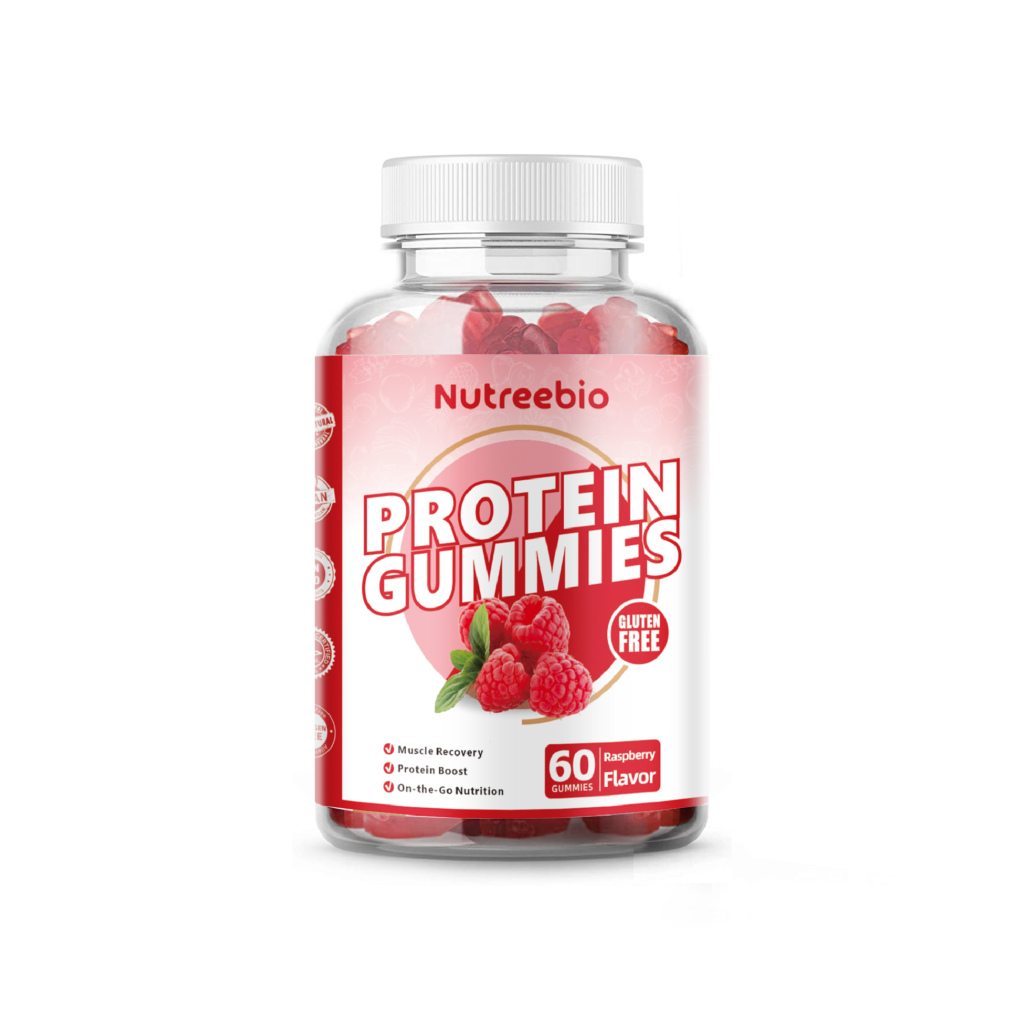
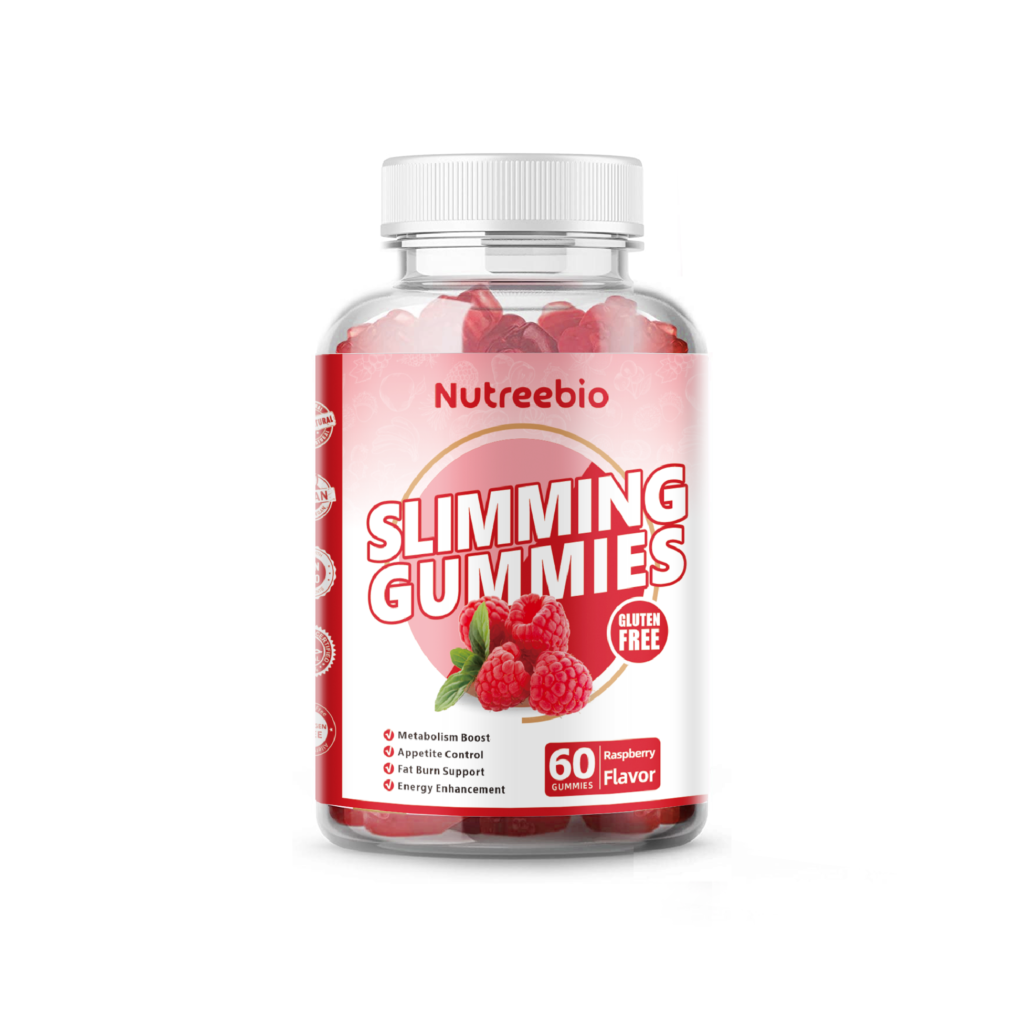
4. Supplement Trends 2024——Skin Health
According to Innova Market Insights, over the past five years, dietary supplements with skin health claims have seen a compound annual growth rate (CAGR) of 23%. In recent product launches, skin health claims account for one-third of all claims in the North American market, over a quarter in Eastern Europe, and approximately one-fifth in Western Europe and Asia.
The flavor profiles of dietary supplements targeting skin health are also evolving. In 2017, lemon and orange flavors led the market, accounting for 29% and 20% respectively, dominating nearly half of the skin health supplement flavors. However, by 2021, the flavor trend shifted, with orange and strawberry flavors overtaking lemon, which saw a decrease of over 50% in its market share. Additionally, the share of red raspberry and peach flavors grew by more than 100%, with peach flavor experiencing a staggering 500% growth.
Recently, DSM-Firmenich announced Peach+ (Peach Plus) as the flavor of the year for 2024, inspired by Pantone 13-1023 Peach Fuzz, which Pantone selected as the color of the year for 2024. The peach flavor, particularly white peach, enjoys high consumer recognition and has always been favored by consumers. It is expected that the share of peach-flavored dietary supplements will continue to grow in the future.
As the largest organ of the body, skin plays a crucial role in overall health. It acts as the primary barrier against pathogens, UV radiation, chemicals, and mechanical damage, while also regulating temperature and metabolism. Skin health issues primarily focus on reducing UV damage, moisturization, whitening, anti-inflammation, and hair loss prevention.
Ingredients targeting skin health include:
- UV Damage Reduction: Vitamin C, ergothioneine, lycopene, astaxanthin, β-carotene, apple polyphenol, cocoa flavanol, lactobacillus, quercetin, melatonin, tea polyphenol, grape seed extract, hemp seed extract, aloe, curcumin (turmeric), silymarin (milk thistle), ginseng, algae.
- Anti-glycation: Cherry blossom extract, collagen peptides, aminoguanidine, alpha-lipoic acid, chlorogenic acid, vitamin B6, pomegranate extract, mulberry leaf extract, cinnamon extract, grape seed extract, mangosteen extract.
- Moisturization/Skin Elasticity: Collagen (peptides), hyaluronic acid, ceramide, sialic acid, lactobacillus K-1, sulforaphane glucosinolate, verbascoside-6-C-glucoside, phytosterols, salmon nasal cartilage-derived proteoglycans, GABA.
- Whitening: Niacinamide, vitamin C, grape seed extract, emblic, glutathione, L-cysteine.
- Hair Loss Prevention: Biotin, keratin.
Collagen Gummies
Collagen plays a vital role in maintaining skin elasticity and youthful appearance. These gummies offer a delightful and effortless way to support skin health, resonating with consumers seeking convenient beauty and skincare solutions in their dietary supplements.
5. Supplement Trends 2024——Women's Health
The focus on dietary supplements catering to the varying needs of women at different life stages is an emerging trend with significant growth potential. According to Innova Market Insights, over the past five years, there has been a marked increase globally in dietary supplements with women's health claims and pregnancy/breastfeeding claims, with annual compound growth rates of 16.4% and 19.8% respectively.
From childhood to old age, women face various health challenges at different stages of life. These include immune health issues that span the entire lifespan, emotional and reproductive health challenges from adolescence to middle age, breastfeeding-related breast health issues, and cardiovascular health issues in middle and old age.
Common ingredients in women's health supplements include:
- Fertility Support: Mucuna pruriens extract, soy isoflavones, pine bark extract, maitake extract, coenzyme Q10, folic acid, vitamin E, Lactobacillus fermentum CECT5713.
- Premenstrual Syndrome (PMS) and Menstrual Pain: Calcium, vitamin B6, magnesium, polyunsaturated fatty acids, cramp bark, chaste tree berry, angelica, peony, poria, atractylodes, alisma, cinnamon, peony bark, rhubarb, peach kernel, ginseng, ginkgo biloba extract, saffron extract.
- Menopause Symptoms: Pine bark extract, purslane extract, South African kanna extract, evening primrose oil, red clover extract, dong quai root extract, chasteberry, licorice extract, black cohosh extract, equol, fenugreek extract, soy isoflavones.
- Mastitis: Lactobacillus fermentum CECT5716
- Emotional Support: [Similar to section two on emotional, stress, and mental health].
- Immune Support: Probiotics, vitamins and minerals, proteins, Omega-3 fatty acids, yeast beta-glucans, prebiotics, dietary fibers, postbiotics, coenzyme Q10, elderberry, tart cherry, chia seeds, broccoli, ginseng.
- Gut Health: Probiotics, prebiotics, postbiotics, dietary fibers, apple cider vinegar, cinnamon, curcumin, chia seeds.
- Cardiovascular Health: Pueraria lobata, emblic, hawthorn, polygonatum, mulberry leaf, cassia seed, platycodon, sophora flower, sea buckthorn, soy isoflavones, resveratrol, apple polyphenol, omega-3, nattokinase, coenzyme Q10, dihydroquercetin.
The food and beverage industry has seen a nearly tenfold increase in new products targeting women's health over the past decade, growing from under 50 products in 2012 to over 450 in 2021. Women are increasingly proactive about their health, and herbal plants play an indispensable role in this sector. We are looking forward to the "new wave" in the women's health market, offering customized nutritional support to women of different ages and ethnicities, helping them gracefully navigate the hormonal and physiological changes at various life stages.
PMS Relief Gummies
Wrapping up our discussion on women's health, 'PMS Relief Gummies' stand out as a thoughtful solution to a significant wellness need. These gummies, potentially incorporating ingredients like Magnesium and Chasteberry, are tailored to alleviate menstrual discomfort and promote hormonal balance, exemplifying the shift towards specialized health supplements for women.
6. Supplement Trends 2024——Personalized Nutrition
The future of dietary supplements is increasingly moving towards personalized nutrition, a trend that is revolutionizing how individuals approach their health and wellness routines. This approach caters to the unique nutritional needs of individuals based on their genetic makeup, lifestyle, and health goals.
- Data-Driven Customization: With advancements in technology, especially in the field of genomics and biometrics, consumers now have access to more personalized health data than ever before. This data can inform the development of customized supplements tailored to individual needs.
- Targeted Health Solutions: Unlike one-size-fits-all supplements, personalized nutrition allows for formulations that target specific health concerns, whether it be for heart health, cognitive function, gut health, or metabolic health. This specificity increases the efficacy and relevance of the supplements to the user.
- Growing Consumer Interest: A survey by DSM reported an increasing interest in personalized nutrition, with consumers showing a willingness to invest more in health products tailored to their individual needs. The technology for personalized nutrition is becoming more accessible, making it a viable option for a broader audience.
- Potential and Challenges: The potential of personalized nutrition lies in its ability to provide precise and effective solutions for individual health needs. However, this trend also faces challenges such as ensuring data privacy and navigating regulatory requirements.
- Innovation in Delivery Forms: Personalized nutrition is also seeing innovation in delivery forms, including smart packaging that tracks usage and interactive apps that provide usage guidelines based on real-time health data.
The personalized nutrition trend is poised to shape the future of dietary supplements, offering tailored health solutions that align closely with individual health requirements and lifestyle choices.
Conclusion
As we navigate through 2024, these dietary supplement trends reflect a growing consciousness towards holistic health and personalized wellness. From botanicals to women’s health, the industry is evolving to meet diverse consumer needs. Embracing these trends, our gummy supplements offer convenient, targeted solutions, ensuring that health and wellness are accessible and enjoyable for everyone.
References:
1. Glanbian:Top 5 Supplement Trends for 2024
2. Ahn K. The worldwide trend of using botanical drugs and strategies for developing global drugs. BMB Rep. 2017 Mar;50(3):111-116. doi: 10.5483/bmbrep.2017.50.3.221. PMID: 27998396; PMCID: PMC5422022.
3. Dietary Supplements for Exercise and Athletic Performance
4. Dunaway S, Odin R, Zhou L, Ji L, Zhang Y, Kadekaro AL. Natural Antioxidants: Multiple Mechanisms to Protect Skin From Solar Radiation. Front Pharmacol. 2018 Apr 24;9:392. doi: 10.3389/fphar.2018.00392. PMID: 29740318; PMCID: PMC5928335.
5. The ‘untapped’ innovation potential of female nutrition: ‘A new wave of food and beverage products is expected’, Food Navigator”

